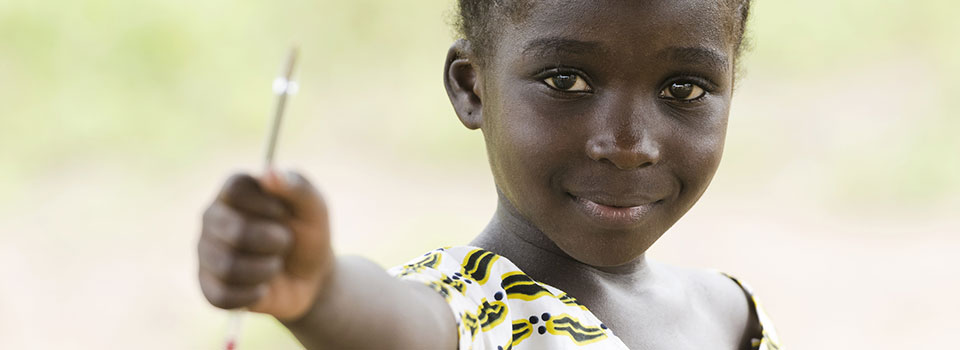Alternative care is “a formal or informal arrangement whereby a child is looked after at least overnight outside the parental home, either by decision of a judicial or administrative authority or duly accredited body, or at the initiative of the child, his/her parent(s) or primary caregivers, or spontaneously by a care provider in the absence of parents” (Source: UN Guidelines for the Alternative Care of Children).
The continuum of care options include: reunification to biological family (when determined to be in the best interests of the child), kinship care, foster care, kafaalah, guardianship, supported independent living, child-headed household, adoption and residential care as the very last option.
Family Based Care is “ the Short-term or long-term placement of a child in a family environment with at least one consistent caregiver and a nurturing environment where the child is part of a supportive family and the community. Some examples include family reintegration, kinship care and foster care among others”
Family reintegration is “the process by which a child is reunited and is able to reconcile with his/her biological parents or extended family. During this process, activities are undertaken to equip the child and the family with the necessary skills and resources for proper reintegration and readjustment.
Where a child is found to have been separated from his or her family or placed in alternative care, efforts should be made to ensure that the child’s family is found and, whenever possible, the child is reintegrated with his/her biological family as soon as possible.

